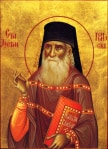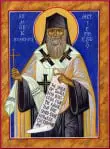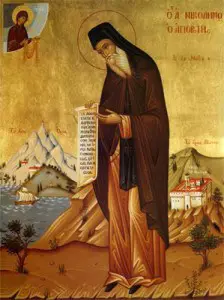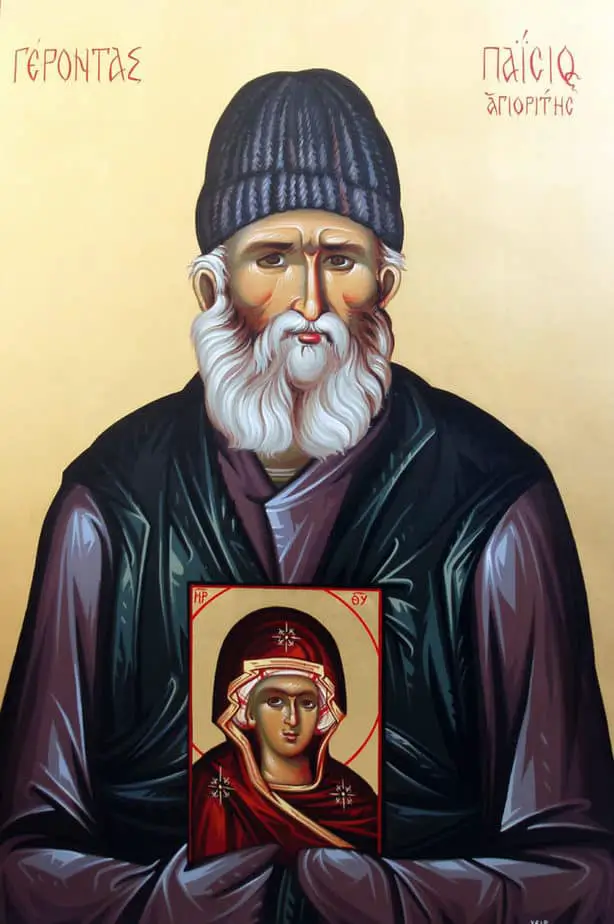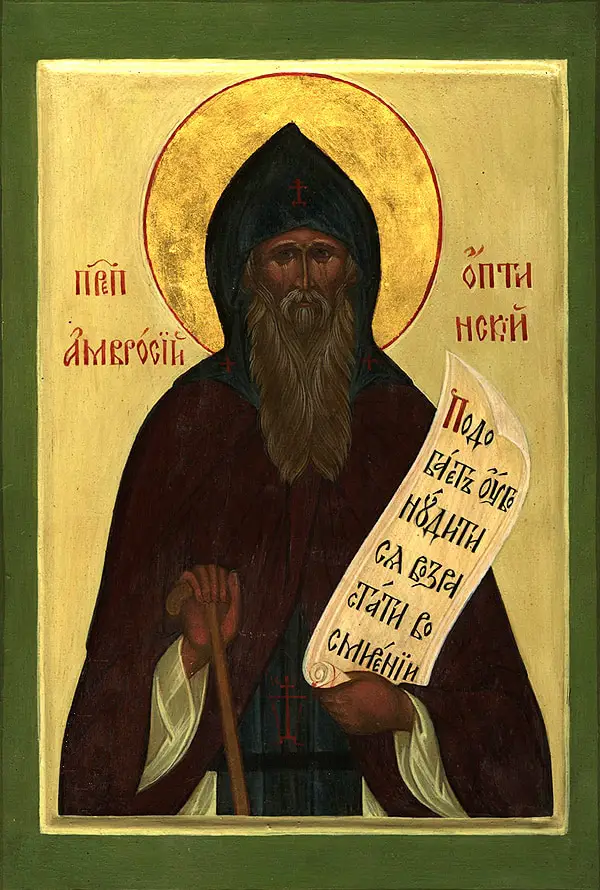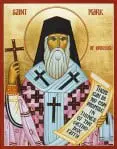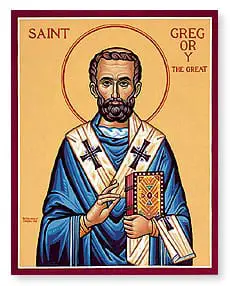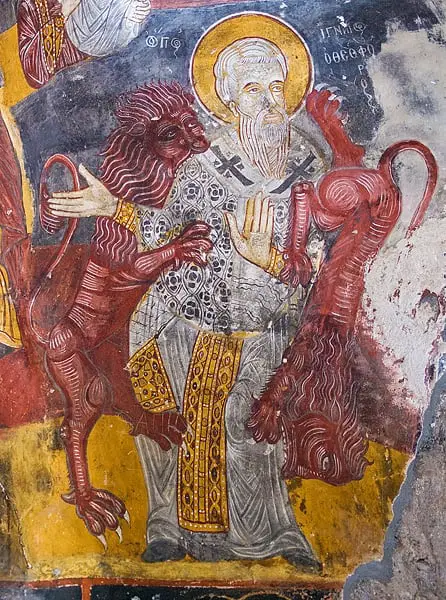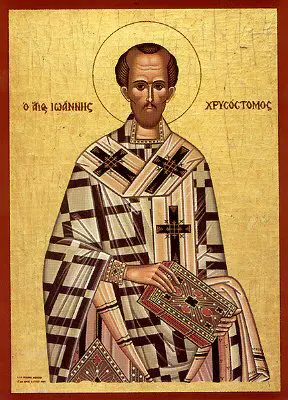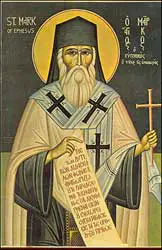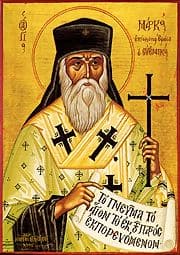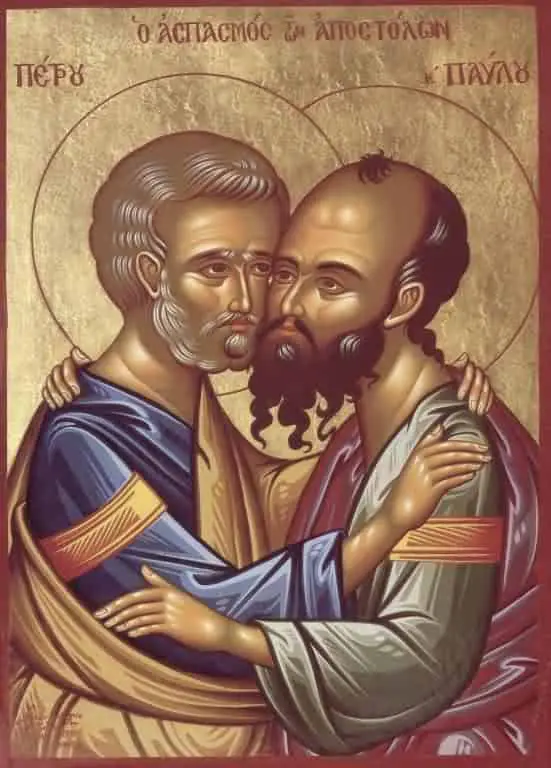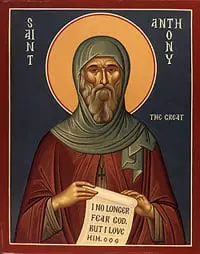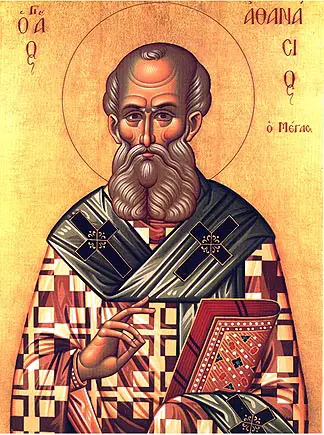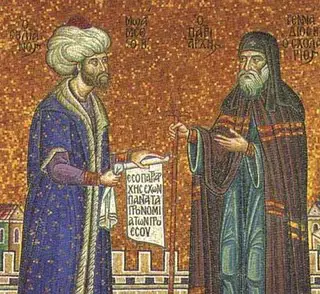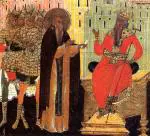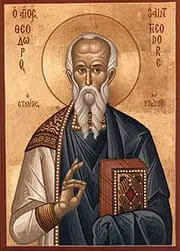Martyred Priest Daniel Sysoyev: For a Christian, the best type of death is, of course, martyrdom for Christ the Savior. . . .

For a Christian, the best type of death is, of course, martyrdom for Christ the Savior. In principle, that is the best type of death one may attain. While some people sent condolences to Optina Hermitage after the murder of three monks [on Pascha, 1993], for a Christian, [such death] is in fact a source of great joy. In the ancient Church, people never sent condolences when anyone was killed. All of the churches immediately sent their congratulations. Imagine! To congratulate them with the fact that they had a new defender in Heaven! Martyrdom washes away every single sin except heresy and schism….
In fact, one should not take the word «martyr» to mean one who has suffered death by torture. It literally means «witness.» Thus, a person is a martyr if, with his death he bears witness to the fact that Christ has conquered death, that He was resurrected from the dead. One’s witness lies in this, and not in the fact that he has been tortured.
If we are talking about the natural end of life, the best such natural death is one whose approach you anticipate … For a Christian, the most awful possible death is one that is sudden and unexpected, for such a person departs into eternity unprepared.
+ The Martyred Priest Daniel Sysoyev, from his book Instructions to Immortals, or What to do if you Nonetheless Have Died.
